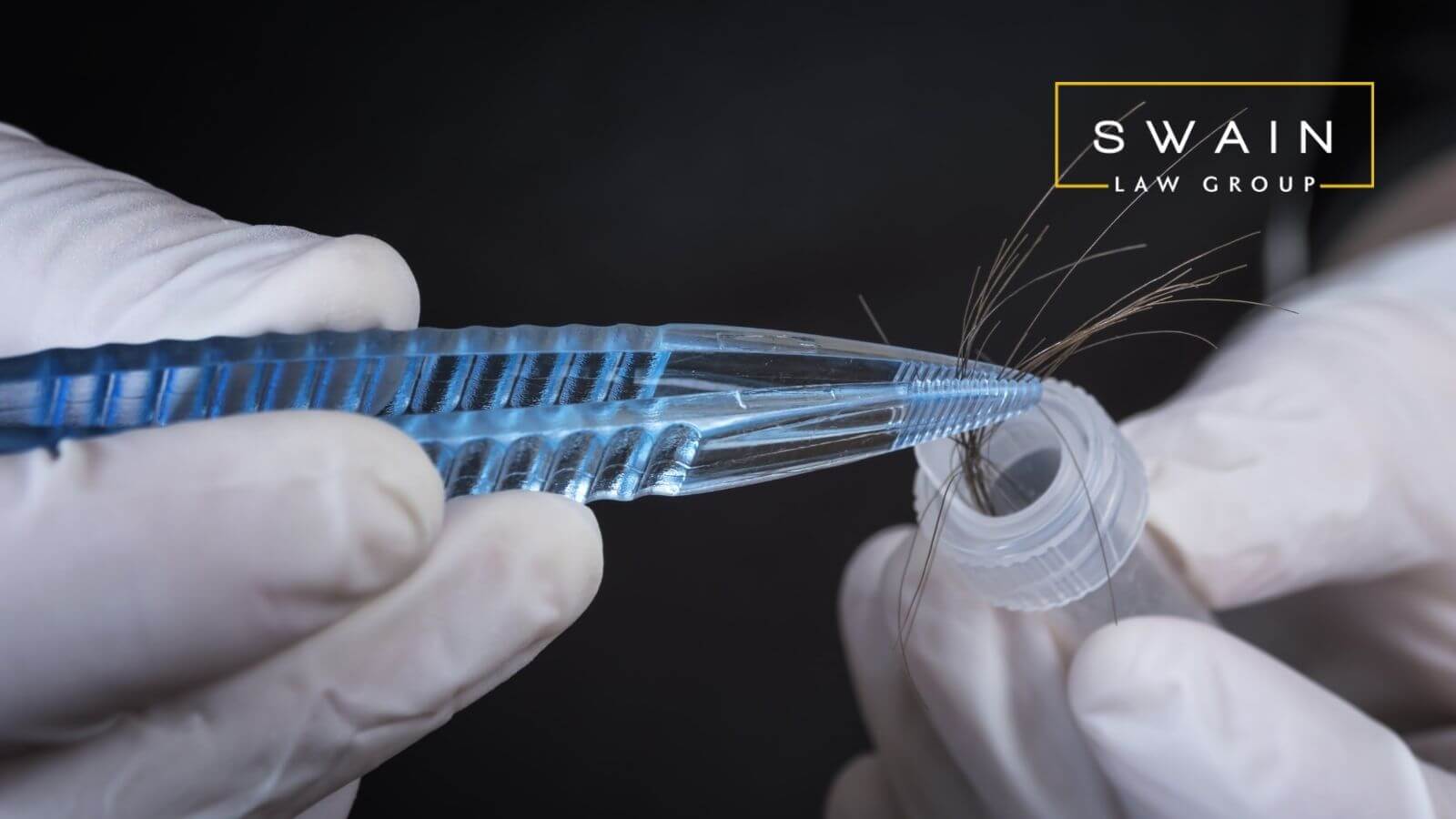
The rise of DNA evidence has been a game-changer in the courtroom. DNA is unique to each individual, so it can be used to positively identify someone with a large degree of accuracy. This has been used both to make convictions and to overturn false convictions from the past.
But how reliable is it? Can the evidence be wrong?
DNA can be damaged
First and foremost, DNA is susceptible to damage. There are only four main markers that identify one person clearly. Damage to these can cast doubt on the findings or may even make it impossible to determine who the person is. Just because DNA is found at the scene, that does not mean that it is perfect or that there is going to be a match.
Even a positive match can be deceptive
Moreover, even when DNA is found and there is a clear match, that doesn’t necessarily mean that the person whose DNA it is was guilty. For instance, perhaps there was a murder at an apartment near yours. Your DNA was found at the scene because they discovered a piece of hair. This looks bad, but what if it just means your roommate was responsible and they had the piece of hair on their clothes when they were at the scene of the crime?
In short, there are many ways DNA could end up at a specific location, and it should never be assumed that that person is guilty. If you are facing some serious charges, whether or not DNA evidence is part of the case, it is critical that you know about all of your defense options

